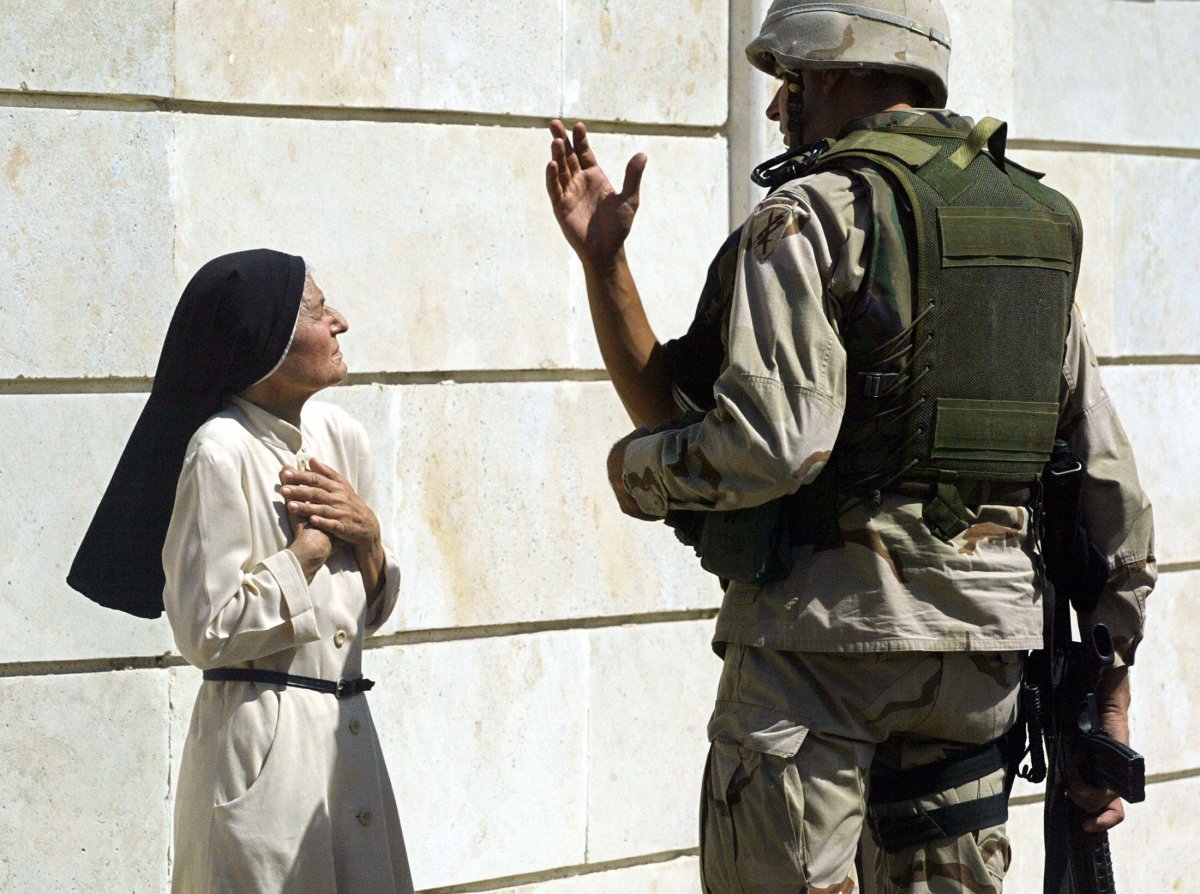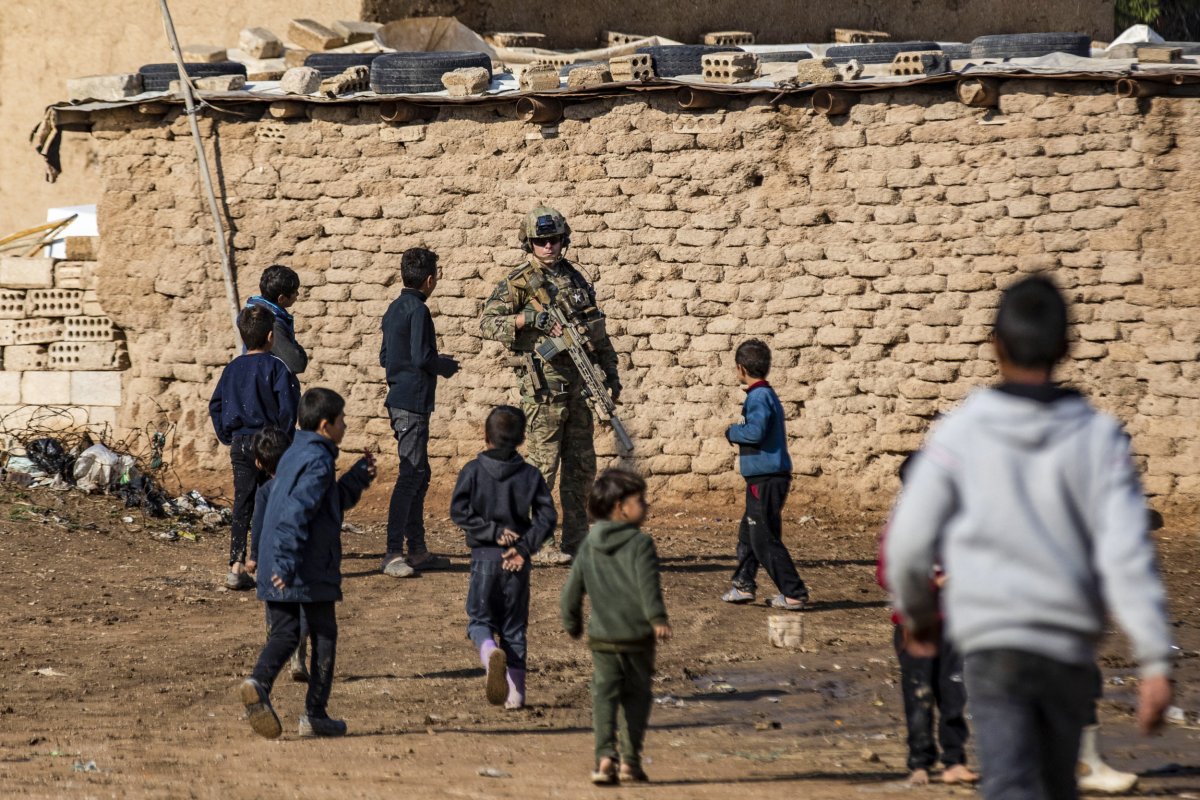In the distant realms of the Middle East, the American Dream has metamorphosed into a haunting nightmare. A grotesque manifestation of America's vices—unchecked violence, rampant theft, and insatiable avarice—plays out far from the American populace, making even its most corrupt televangelists blush.
Desperately, America has tried to pivot toward larger strategic concerns, like the looming shadow of China. Yet, its legacy in the Middle East persists like a scorned child pulling at America's coattails, reminding it of one last arms shipment destined for Gaza—a locale marking the culmination of decades of chaos, policy inertia, and lackluster checklists.
Israel: The Straw Breaking America's Back
Once the global enforcer armed with bags of gold and a heavy stick, America has lost interest in reversing its crowning shame—Israel and a two-state solution. Israel, now inevitably under the sway of radical right-wing zealots eager to save their own skin through perpetual, end-of-times branded war, has become the final blow to America's geopolitical primacy.
The scene is akin to America as the drunken uncle at the barbecue, turning up laden with meat and beer, and staggering around offering to help but unable to deliver. Years of malaise and rewarding incompetence internally and across the full of spectrum of Middle East conflict zones has rendered American foreign policy self-defeating, shackled to outdated strategies ill-suited for the 21st century.
Wider Middle East Context—A Tapestry of Catastrophes
The debacle extends beyond America's toothlessness when it comes to Israel; American policy in the Middle East has been an unmitigated disaster since the First Gulf War. From the costly misadventures in Afghanistan to the mass starvation-inducing Oil-for-Food sanctions in Iraq, as well as the state's ensuing radicalization and subsequent invasion, and the incomprehensible stances on Syria, Turkey, and Iran—every move seems destined for failure.
Even the Trump's administration, with its superficial Christian-centric foreign policy designed to energize its Christian base, inadvertently victimized Christians in Syria and Iraq—largely ethnic Assyrians caught in the crossfire between America's allies, the People's Protection Units (YPG), and the Kurdistan Democratic Party (KDP) respectively, and the forces they were pushing against to maintain shrinking pockets of American influence.
These Indigenous people, strangled almost out of existence by America's allies with America's blessing, were also in the midst of genocide at the hands of the Islamic State, also known as ISIS.
In this tragic dance, the YPG created a de-facto statelet in Northern Syria built around assassinating dissidents, oil smuggling, and one-party rule. Simultaneously, the KDP, a long-term American ally in Iraq, governed through brutal patronage, voter fraud, and land theft, turning the Kurdistan Region into a hotspot for migrants escaping its black markets and human rights abuses.
The KDP's abandonment of Assyrians and Yezidis, also an Indigenous group, to ISIS genocide exposed the grim consequences of America's shortsighted alliances and the long-term consequences of unreliable allies. Despite this, the KDP continued receiving hundreds of millions of dollars in U.S. taxpayers' money for salaries and arms, absent any conditionalities.

This is because America, scarred by devastating failure after failure in the region, had abandoned deploying its troops to fulfil strategic objectives. It instead preferred to work with local groups it never intended to sustain indefinitely in hostile neighborhoods (YPG in Syria), or couldn't reform and didn't care (KDP in Iraq).
Those entering and leaving the revolving doors of government, with eyes firmly set on the next step on the ladder toward a more prestigious desk, would simply proceed with the status quo until they checked out. If innocence is the first casualty of war; imagination is seemingly the last.
Election Year Dilemma—The Crossroads of Decline
As Americans face a crucial choice this year at the ballot box, their options only reflect the manner of America's decline. Another Biden administration maximizes the failures of "strategic ambiguity," while Donald Trump implicitly accepts a multipolar world. Alternative presidential candidates, like Nikki Haley, claim that "America needs Israel" to a disappearing base, oblivious to a wearied American population's desire—of whichever political tribe—for disengagement from distant wars, including Ukraine's war with Russia.
In this shifting landscape, America is transforming into a fading specter; a red, white, and blue vapor lingering in music, movies, and other cultural artifacts. Real presence has given way to a factory of "deep concern," resembling the feebleness of 21st century European diplomacy.

This is the kind of feebleness that American statesmen used to politely indulge. Now, it's the kind of feebleness that inspires those same statesmen to finally recognize the Armenian genocide, while actively aiding Azerbaijan in efforts to recreate it.
An "active disengagement" by America toward larger strategic goals—the idea that the merry-go-round of foreign envoys and heady press conferences can rival the kind of economic soft power Russia exerts through energy and China through trade—is the fatal error.
America's Last Chance
To alter its fate and regain primacy, Americans must demand a return to the basics. Diplomats need upskilling, foreign policy requires clarity and sustainable positioning, and there must be a renewed commitment to win back good faith actors with good faith relationships.

The sun set on the British Empire in a rapid and spectacular way. America's fate is looking similar; the overconfidence of the '90s has drained all remaining competence, and hubris is the beginning of the end for every empire.
But here, the error was perhaps believing that the Middle East, with its diverse and energetic peoples hard-done by modern history, could have been won in the first place.
Max J. Joseph is a writer and researcher on Assyrians and other Middle East minority groups.
He has worked with BBC producers to lay the groundwork for a documentary exploring the condition of Assyrians in the Middle East: Last Christians (2019) and narrated his own episode of The Unfiltered History Tour (2021) an interactive podcast series by VICE Media. His writing has appeared in UnHerd, Syria Comment and elsewhere, and he has been widely quoted in other publications, including in the Catholic Herald, The New Arab, and The Independent.
The views expressed in this article are the writer's own.
Uncommon Knowledge
Newsweek is committed to challenging conventional wisdom and finding connections in the search for common ground.
Newsweek is committed to challenging conventional wisdom and finding connections in the search for common ground.
About the writer
To read how Newsweek uses AI as a newsroom tool, Click here.








